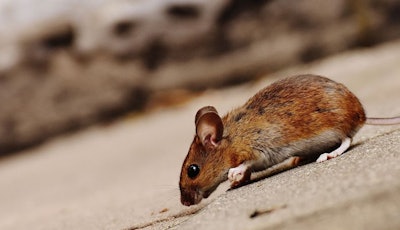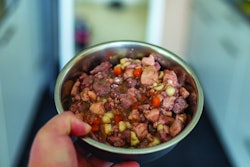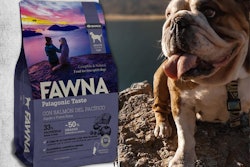
Cats haven’t had as many centuries as dogs to get used to human’s preference for serving room-temperature grub to their pets. With their shorter history of domestication, some biologists believe cats may prefer foods that hearken back to a freshly killed mouse. Beyond domestication, improved medical care and nutrition have meant that house cats are living longer than they did in the wild or as barn cats, creating a need to feed the aged feline. This evolutionary quirk and cultural reality led Royal Canin scientists to test if warm, moist cat food may encourage aging felines to eat. The Journal of Evolutionary Behavior published their study.
Food temperature preference in aged cats
In an experiment, aged domestic cats most preferred food served at 37 degrees Celsius (98.6 degrees Fahrenheit). That’s approximately the temperature of a warm-blooded prey item, although the cats lived in a research center and didn’t regularly hunt live animals. The 32 cats in the study all preferred warmed foods to those at room temperature, which they preferred over refrigerated food. In three, two-day, two-bowl difference tests, the scientists served two different temperatures, either cold (6 degrees C), room temperature (21 degrees C) or warm. All of the cats were more than seven years old, with an average age of more than 11 years. The all ate Royal Canin Aging 12+ cat food.
To understand why the cats preferred the warm food, the researchers examined the gravy viscosity and aromatic compound profile of the cat food at different temperatures. The gravy maintained its texture at all three temperatures, possibly due to thickening agents included to make the gravy do just that. However, the volatile compounds released by the cat foods did change with temperature, possibly influencing the older cats ability to taste and smell the food. In particular, a compound related to palatability, hexanoic acid, increased as the product heated above room temperature. Likewise, warmed cat foods released more sulfur-containing compounds associated with meat flavors, but fewer terpenes related to plant flavors.
Warm cat food may release more chemicals that entice aging cats to eat. Pet food companies may benefit from instructing pet owners to warm a product and not serve it cold to finicky older cats.

















